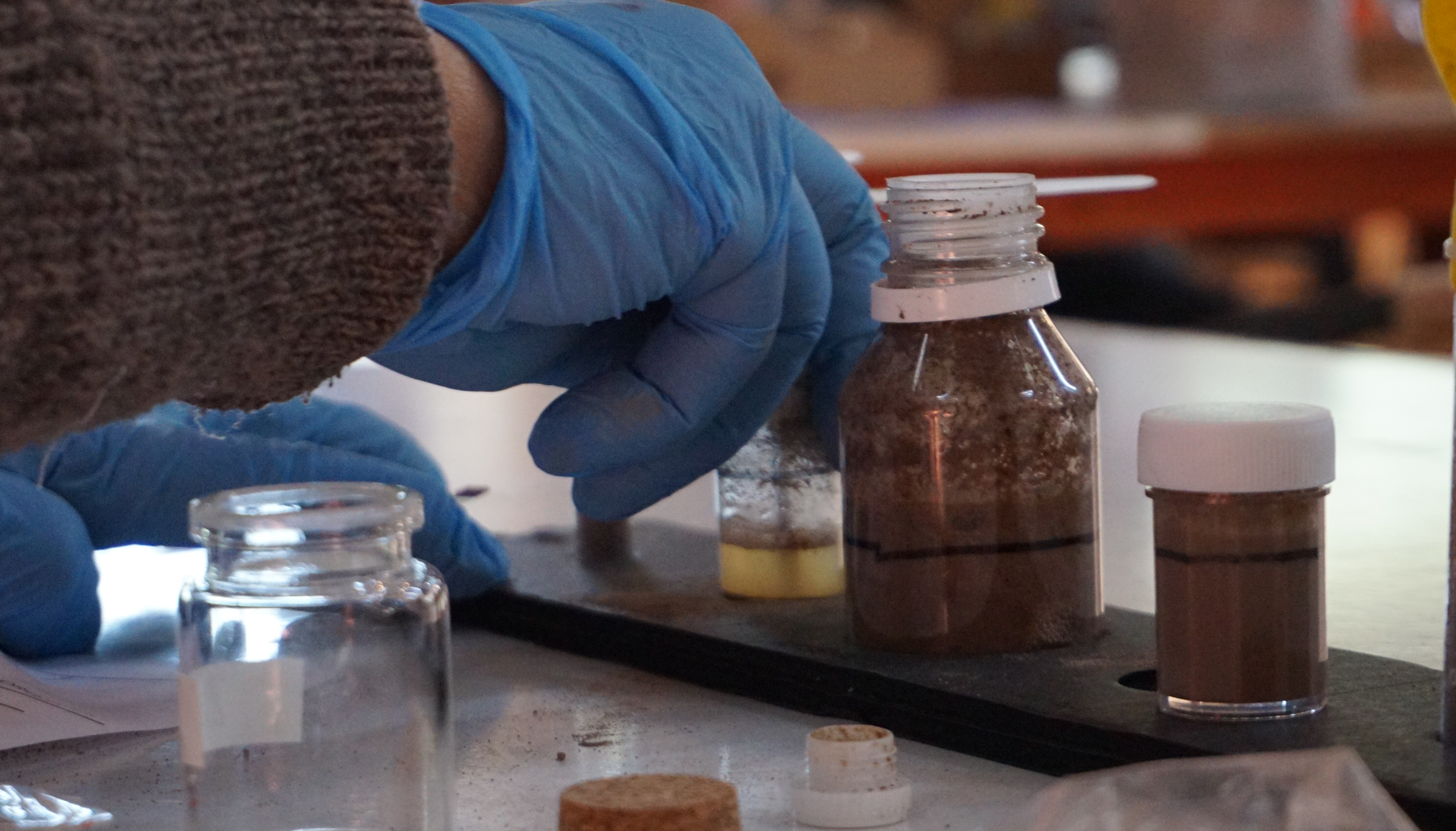By Dana Yamashita
The United States is not alone with the issue of lead residues in soil — most countries have similar challenges. Abby Kinchy, professor in the Department of Science and Technology Studies at Rensselaer Polytechnic Institute, is tracing soil lead residues in four countries with distinctive roles in the lead industry: the United States, Chile, the United Kingdom, and Australia.
Because remediation or removal of lead, a toxic metal used for centuries, is expensive, Kinchy is looking at ways people might be able to reduce the harm caused by lead residue in the soil of their communities. “This will be the first sociological analysis of soil lead. Lead pollution is ubiquitous in soil because of past uses like leaded gasoline, but it also continues to build up because of industries that are still ongoing today,” Kinchy said.
She will conduct her research through ethnographic fieldwork in historical and present-day lead mining and processing communities, interviewing scientists and activists who conduct community-based soil testing research, analyzing documents about historical and contemporary sources of lead residues in soils across the planet, and examining the scientific literature and risk modeling about soil lead exposures.
“My goal is to understand how people in different environments — from lead mines to urban neighborhoods — are creating knowledge about soil lead, developing and promoting methods to reduce exposures, and changing the social and economic circumstances in which lead exposures occur.”
She will also interview urban gardeners while testing their soil for traces of lead, to gain insight into how people think about their own exposure to lead and living safely in contaminated environments.
Kinchy’s research is funded with the support of a $94,000 Scholars Award from the National Science Foundation (NSF).
Kinchy, a sociologist, has led previous NSF-funded projects, including one that explored how citizen science could help urban communities to identify heavy metal contamination in soil, and another examining the practices and politics of environmental monitoring relating to fracking.




